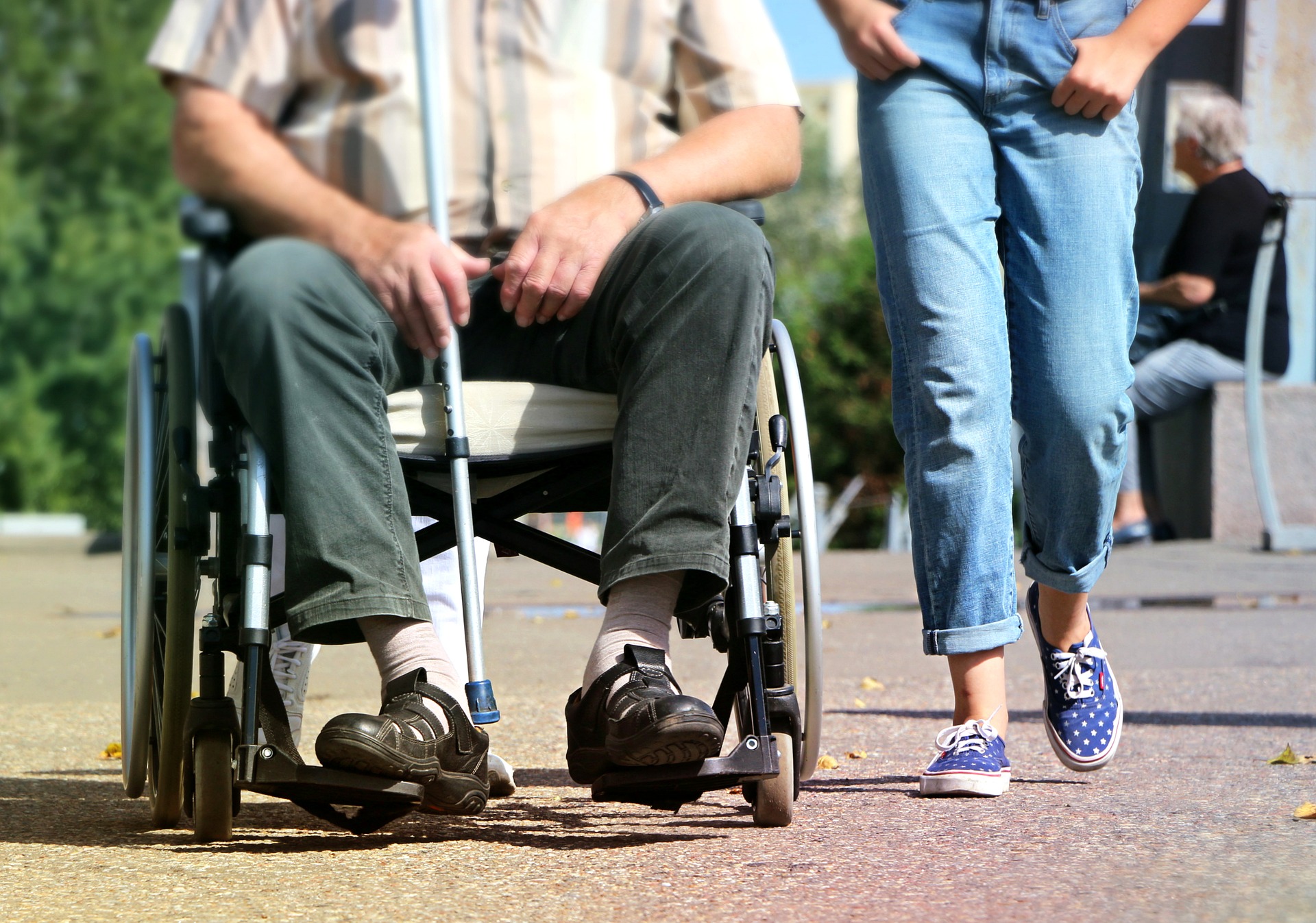Media Release
From: NPS MedicineWisePsychotropic medicines and hip fractures
In 2018 an estimated 28,000 Australians over the age of 50 were hospitalised with a hip fracture. Taking an antidepressant or an opioid more than doubles the risk of a fall and hip fracture.
In an article in the latest edition of Australian Prescriber, Professor Libby Roughead from the University of South Australia and her co-authors examine the increased risk of hip fracture associated with psychotropic medicines. They explain how this risk can be lowered by reducing medicine use and adopting other health interventions like exercise, occupational therapy or podiatry.
Psychotropic medicines get their name from their mood and consciousness-altering effects and are used to treat a wide range of conditions including depression, pain and dementia.
“Antidepressants (particularly SSRIs), opioids, anti-epileptic medicines, benzodiazepines (which are used to treat anxiety) and antipsychotics (which are used to treat schizophrenia and bipolar disorder) all increase the risk of hip fractures,” says Professor Roughead. “Combining them increases the risk further.”
“Benzodiazepines and SSRIs, when started together, increase the risk of hip fracture five-fold. This equates to one extra hip fracture for every 17 patients aged 80 years and over who are treated for a year,” she says.
“We suggest to prescribers they consider whether their patients really need some of their medicines any more – for example, an SSRI antidepressant may no longer be required if a patient is fully recovered from depression. Similarly, it may be possible to stop an antipsychotic in someone with dementia,” says Dr Roughead. “Doctors should try stopping one medicine at a time and reducing the medicine slowly over weeks or months.
“Exercise classes that focus on improving balance and building strength can reduce the risk of falls. An occupational therapist can improve home safety, a podiatrist can help if a patient has foot pain, and regular eyesight checks can help too,” she says.


